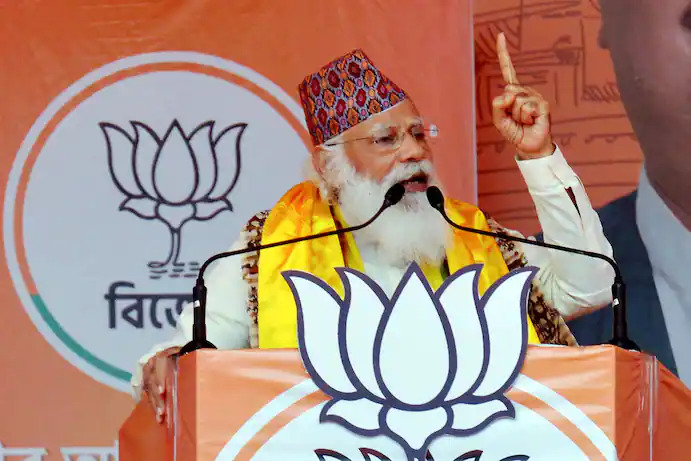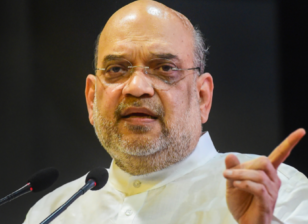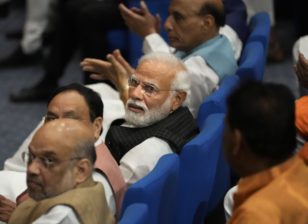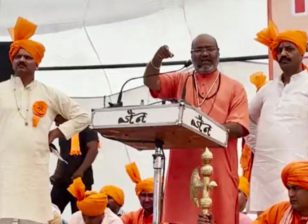Opinion: India is trying to suppress social media platforms. The U.S. should stand up for them.
India announced this week that it had directed platforms to purge about 100 posts it claimed could worsen the crisis, and at least in part the companies have complied — though Facebook has taken down far fewer posts than requested, said a source familiar with the firm. What the ruling party calls “misusing social media to create panic” in society might, to an impartial observer, look more like criticizing those in power: The content in question included indictments from the opposition and calls for Mr. Modi to resign. Indeed, an honest accounting of the harrowing situation (more than 350,000 new infections and 2,800 deaths were reported on Monday, though these figures themselves are reportedly understatements) should cause alarm. The Indian government appears to be using the pretext of public health not to protect its citizens from harm but to protect itself from embarrassment.
Facebook and Twitter tend to take down content when it violates their own rules and to “geoblock” content — restricting visibility only in a given jurisdiction — when it doesn’t violate their rules but does violate the laws of a country in which they operate. Sometimes, the companies will restore posts after review. It’s likely that some of the content in question is illegal under Indian law; it’s also possible that the platforms would remove some of the content even under their own terms of service. The problem is, no one can know for sure, because Mr. Modi’s regime has eschewed any semblance of transparency, not even specifying what legislation it used to justify its demands.




